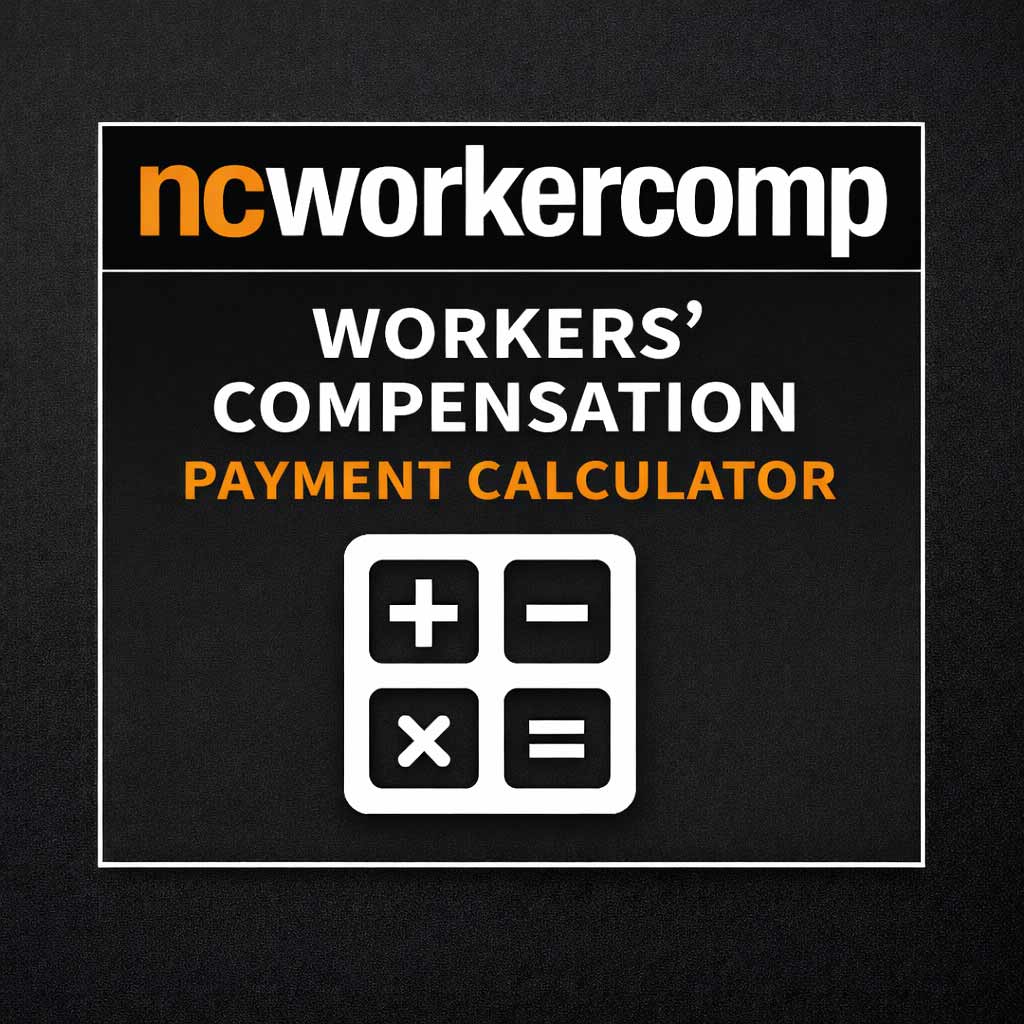Many thanks to experienced NC Professional Licensing Attorney Nick Dowgul for contributing a guest blog discussion NC Workers’ Comp Insurance Requirements. It’s always interesting to learn the perspectives on NC workers’ comp issues of lawyers practicing in different areas of law.
Blog post on Workers’ Compensation Insurance Requirements for Employers
Hi, my name is Nicholas “Nick” Dowgul, attorney and owner of North State Law. In today’s Guest Blog for Kevin Bunn, Attorney at Law, I will be discussing workers’ compensation insurance requirements for employers in North Carolina. This is just an overview of current requirements for workers’ compensation insurance through the North Carolina Industrial Commission.
WHO IS REQUIRED TO HAVE WORKERS’ COMPENSATION INSURANCE IN NORTH CAROLINA?
Employers with three or more full or part time employees are required to have workers’ compensation insurance in NC. The type of business, whether a limited liability company (LLC), sole proprietorship, partnership, or corporation, does not shield the employer from being required to have worker’s compensation insurance for its employees. Officers of corporations are treated as employees for purposes of the three-employee threshold. However, contractors and sub-contractors present a much longer answer to the above question than what I will get into today. I will leave the answer to contractors and sub-contractors requirements for workers’ compensation coverage to Mr. Kevin Bunn and NC Workers’ Comp here. On a side note, an employer with three or more employees can also qualify as self-insured employers as well. More on being a self-insured employer can be found here.
Below are some common exceptions to the three-employee rule. Any employer whose work involves the use or presence of radiation must have WC insurance for one or more employees. Sawmill and logging operators whose principal business is unrelated to sawmilling or logging, has less than ten employees and who saws and logs less than sixty days in any six consecutive months must also have WC insurance. Federal government workers’ compensation is handled through the U.S. Department of Labor, not the NCIC. There are other exceptions that can be found through the NCIC website here.
WHAT HAPPENS IF AN EMPLOYER DOES NOT HAVE WORKERS’ COMPENSATION INSURANCE?
As of July 1, 2018, an employer can be fined at least $20 a day but not more than $100 for each day that he/she does not have workers’ compensation insurance for his/her employees. The penalty under N.C.G.S § 97-94 also includes a $1 fine for each employee. Prior to July 1, 2018, the fine was at least $50 a day. These fines add up quickly. It’s not uncommon for an employer to be facing over $15,000 in penalties for not having WC insurance. By the time the NCIC sends a notice of penalty assessments twelve or more months could have come and gone.
There is an alternative penalty to that above, but it is only for employers not previously penalized under NCGS 97-94. In order for an employer to be eligible for the alternative penalty they must obtain WC coverage and provide proof to the NCIC. Once the NCIC verifies coverage they can rescind the penalty assessed under (b1) of 97-94 and implement the alternative penalty. The alternative penalty under NCGS sec 97-94(b2) is as assessed as follows by:
“(1) First, determining the per employee cost of the current policy by dividing the cost of the policy by the number of employees covered by the policy.
(2) Second, determining the average number of employees during the period of noncompliance.
(3) Third, multiplying the per employee cost of the current policy by the average number of employees during the period of noncompliance and, to that total, by applying an additional penalty of ten percent (10%)”.
An employer who receives notice of a penalty assessment by the NCIC can request a hearing if done so within 30 days of receipt of the notice. A request for a hearing is necessary to give an employer time to gather more information. An employer will also need to produce required financial information to the NCIC. The required financial information is payroll records for the period of noncompliance. This exchange of information can lead to a settlement that can lift the burden of a hefty fine from the employer.
The chance of a reasonable settlement offer from the North Carolina Industrial Commission to a business accused of not having WC insurance coverage has substantially increased since the calendar turned to 2019. The Commission focuses more now on compliance, that is getting insurance, than punishment. Assuming an employer exchanges the required financial information to the NCIC, there exists the opportunity to potentially settle a case for one-third or so of the total amount of the fine. This can result in a huge financial benefit for a small business owner. I’ve seen agreements where settlement payments are made incrementally to the NCIC to give an employer a chance to budget around that unexpected expense*. It is important to remember to act quickly if you receive a letter from the NC Industrial Commission. Failure to timely respond to the NCIC can result in a missed opportunity to work out a settlement or have no fine at all.
A big thank you to Kevin Bunn for allowing me to be the Guest Blogger for today. Remember, this information is not meant to be legal advice for any specific instance or circumstance, and this does not establish the attorney-client relationship.
Feel free to call North State Law with any questions regarding North Carolina Industrial Commission Workers’ Compensation Coverage issues or any professional/occupational license issues you may have. We can be reached at 919-521-8810 or www.northstatelawfirm.com.
*Results are not always typical, and situations can differ from client to client.

